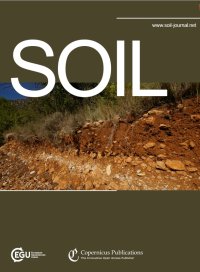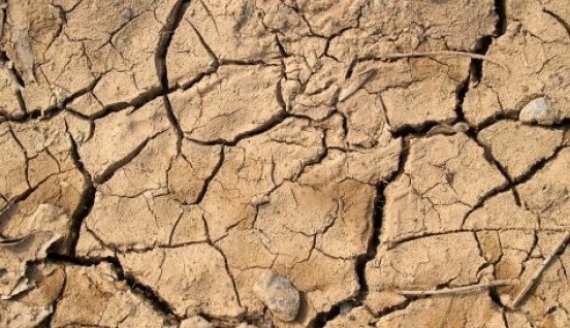(Photo: Shutterstock)
Two weeks ago, the European Geophysical Union announced that one of the editors of their open access journals Soil and Solid Earth was involved in the manipulation of citations. No name was given. According to Retraction Watch, the person concerned is Artemi Cerdà, professor at the University of Valencia and a big name among soil scientists. Until recently, Cerdà was President of the Soil System Sciences division of the EGU. Cerdà’s name was stricken off the editor lists of both journals.
Until last week, Cerdà was also chief editor of Land Degradation & Development. In a timespan of merely two years, this journal grew to be the most important journal in soil science. Its impact factor quadrupled to 8.1, a value never previously seen in soil science. Cerdà was chief editor in those years. The Wageningen soil scientist, whom the university has initiated an enquiry into, is also an editor for this journal.
Key figure
A spokesperson of Wiley, the publisher of Land Degradation & Development, has confirmed to Retraction Watch that one of the editors has temporarily stepped down due to an investigation into allegations of ‘irregular citations’. Cerdà is still mentioned as the chief editor on the website of the journal. A document circulating on the internet, which mentions the existence of a citation cartel, also point to Cerdà. According to this research, Cerdà is the key figure in this cartel that would include about fifty people. The Wageningen soil scientist is among them.

The ‘members’ of the alleged cartel are editors of Land Degradation & Development and/or Soil and Solid Earth. The document extensively reports on the findings that the three journals excessively cite each other’s articles. According to the document, authors who want to publish are strongly advised to cite specific articles. This generally involves articles by the abovementioned editors. The people behind this research have remained anonymous.
Forced
The three journals gaining in importance (having an increased impact factor) is not the only result of this forced citing: the involved authors do as well through their citation score. The Wageningen soil scientist went from zero citation in Land Degradation & Development in 2013 to 124 citations last year. In that period, her total number of citations went from 38 to 430.
These remarkable numbers are no direct proof, but were enough motivation for the management of the involved chair group to raise the alarm in late 2016. In the meantime, the case is being investigated by the Scientific Integrity Committee of Wageningen University & Research. They are investigating whether the Wageningen soil scientist is guilty of scientific misconduct.
Further reading, including the latest news on this topic (partly in Dutch):
‘No citation cartel in soil science’
Citatiescore van Wagenings bodemkundige onderzocht

